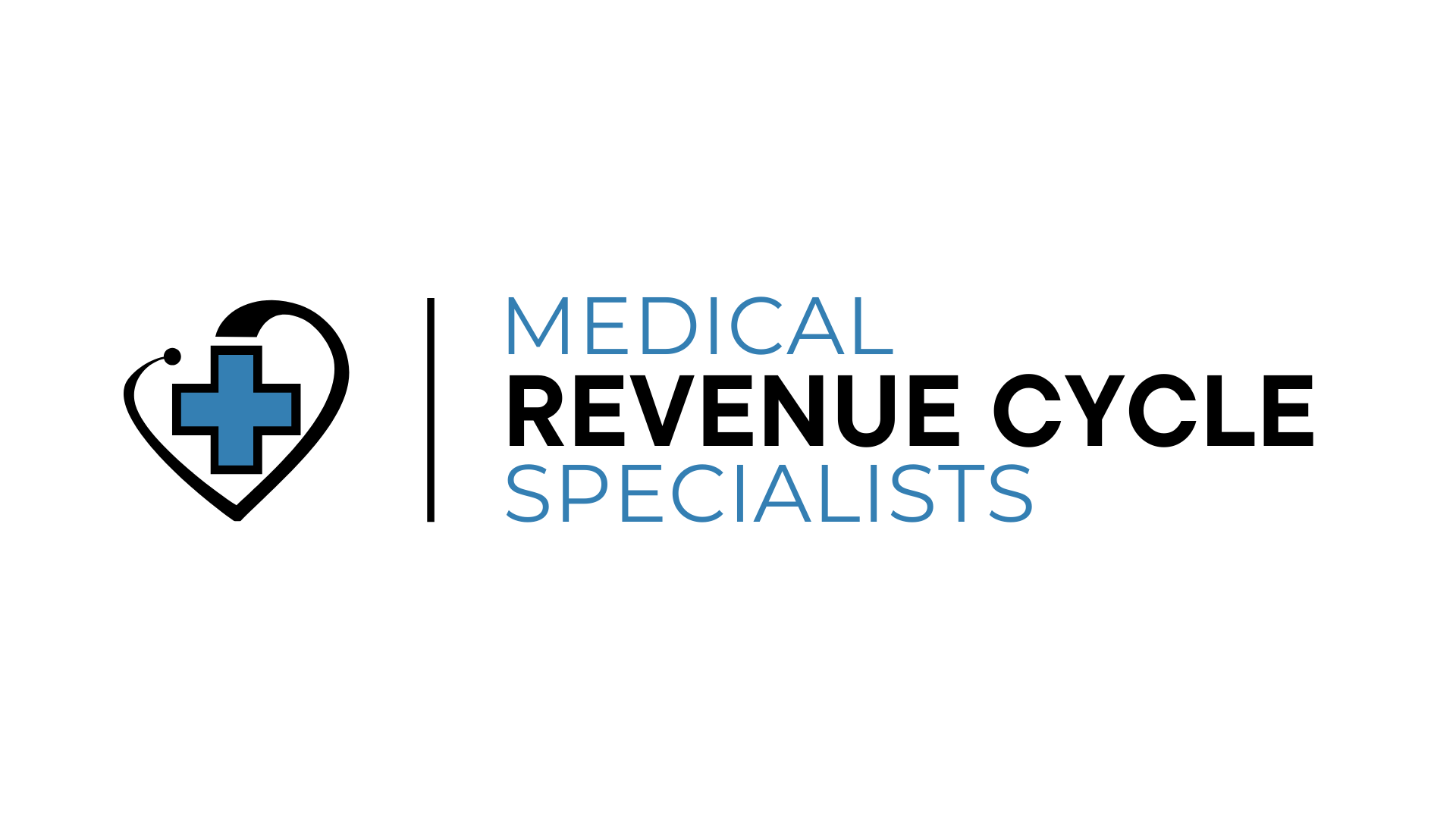Healthcare Contract Negotiations Amid Economic Turmoil: Prisma Health and UnitedHealthcare
- Nick Fernandez

- Sep 19, 2023
- 2 min read

In an era defined by rising inflation, market instability, and tight budgets, the healthcare industry is experiencing heightened tension between payers and providers. Recently, South Carolina-based health system Prisma Health filed a lawsuit against insurance giant UnitedHealthcare, citing bad faith contract negotiation tactics and breaches of confidentiality. This contentious relationship offers a microcosm of the pressures and strategies shaping healthcare negotiations across the country.
The Prisma-UnitedHealthcare Dispute: An Overview
Prisma Health alleges that UnitedHealthcare knowingly issued false and misleading statements in an attempt to gain an upper hand during contract negotiations for the year 2024. The statements, which were released to the media, violated their existing confidentiality agreement and sought to tarnish Prisma's reputation. Prisma has asked for a temporary restraining order to prevent UnitedHealthcare from disclosing any further proprietary business information and is seeking a court-ordered retraction of United's previous media statements. UnitedHealthcare countered, claiming that Prisma initiated the media involvement by informing its United-covered patients of the contract's upcoming termination through an email.
The Impact of Inflation on Contract Negotiations
The background of these tense negotiations is marred by economic circumstances. Record inflation rates in the U.S. have pushed the cost of healthcare to new heights. Providers like Prisma argue that the inflation has significantly driven up their operational costs. On the other hand, insurance companies have been somewhat shielded from these pressures due to long-term contract cycles that have locked in favorable reimbursement rates. As these cycles begin to expire, negotiations are becoming increasingly fraught, with both sides fighting fiercely for favorable terms.
The Perils of Public Negotiations
While both Prisma Health and UnitedHealthcare have taken their contract disputes public, this strategy isn't without risks. Taking negotiations public can initially serve as an effective tactic for providers to pressurize payers into better terms. However, experts caution that this approach should be used sparingly. Overuse could result in long-term animosity and a willingness from payers to find alternative solutions that circumvent the need for negotiation altogether.
The Bigger Picture
The dispute between Prisma and UnitedHealthcare is far from isolated; it's symptomatic of broader tensions between health systems and insurers. Other cases include the recent lawsuit filed by Bon Secours against Anthem Blue Cross Blue Shield over unpaid claims. These disputes point to an industry at a crossroads, where negotiations are expected to be “very bumpy, very contentious,” according to Kevin Holloran, Senior Director of U.S. Public Finance at Fitch Ratings.
Conclusion
As contracts that were penned before the age of record inflation come to an end, healthcare systems and insurance providers are gearing up for a series of contentious negotiations. The Prisma-UnitedHealthcare lawsuit serves as a cautionary tale for both sides, highlighting the need for good faith negotiations and the risks associated with taking disputes public. In these volatile times, it remains to be seen how both parties can reach agreements that are mutually beneficial, while also serving the healthcare needs of the public.




Comments